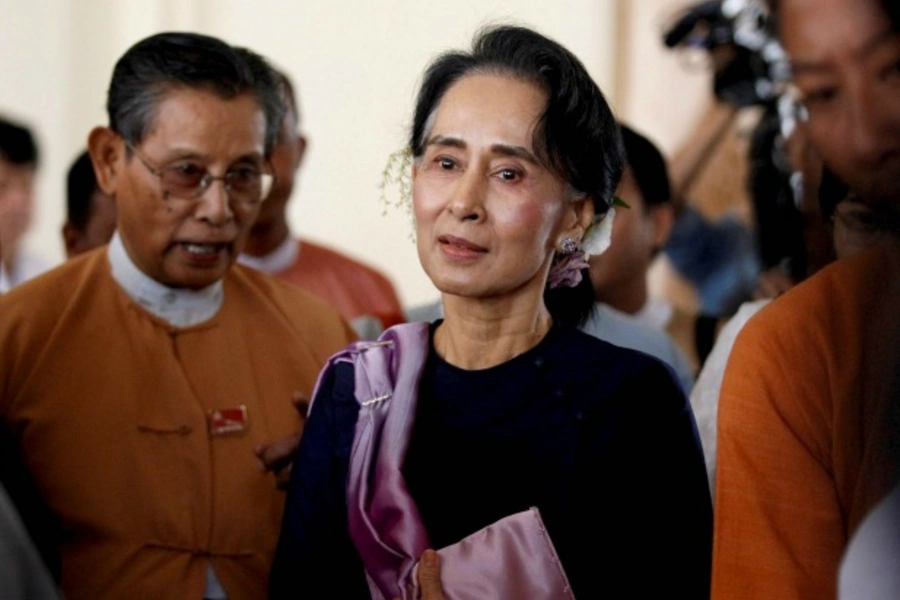This Week in Markets and Democracy: Walmart Bribery Case, Myanmar Sanctions, Kleptocracy Archive

More on:
Setback in Walmart Mexico Bribery Case
Four years after a New York Times investigation alleged that Walmart’s board knew about and covered up bribes paid in Mexico, the chances of a civil or criminal conviction are fading. Last week shareholders—including the California teachers’ and New York City pension funds—lost their case against Walmart’s board, with a Delaware judge ruling their complaint was too similar to another dismissed last year. The Department of Justice (DOJ) and Securities and Exchange Commission (SEC) probe seems to have stalled as well, uncovering less than expected as the five-year statute of limitations for Foreign Corrupt Practices Act (FCPA) charges runs out this year. Many expect Walmart to just pay a fine, in addition to over $700 million already spent on compliance and legal fees.
United States Eases Myanmar Sanctions
With Aung San Suu Kyi’s National League for Democracy (NLD) government now firmly installed in Myanmar, the United States eased two decades-old sanctions on the nation. Treasury reduced reporting requirements for businesses operating there, and removed ten state-owned companies and banks from its blacklist (though it added others). Myanmar still faces some sanctions, due to ongoing democratic restrictions—the constitution reserves 25 percent of the parliament’s seats for the military, and my colleague Josh Kurlantzick points to limited checks and balances with power concentrated in Suu Kyi and her party loyalists’ hands (she holds four cabinet slots). And a main sticking point is the continued exclusion of the Rohingya ethnic minority, who were largely barred from last November’s vote.
Exposing Kleptocrats
The Kleptocracy Initiative launched a public archive uncovering and mapping patronage networks in the world’s ‘kleptocracies’—countries where political leaders and their cronies use their positions and power to steal billions from government coffers. Within the one hundred initial profiles are many well-known names—former Ukrainian President Viktor Yushchenko and Russian President Vladimir Putin among them—along with dozens of others who rigged privatizations and government contracts for their personal benefit. Starting with Russia, Ukraine, Georgia, and Uzbekistan, the archive hopes to expand through open sourcing, exposing those pilfering state resources through systematic corruption in other nations.
More on:
 Online Store
Online Store